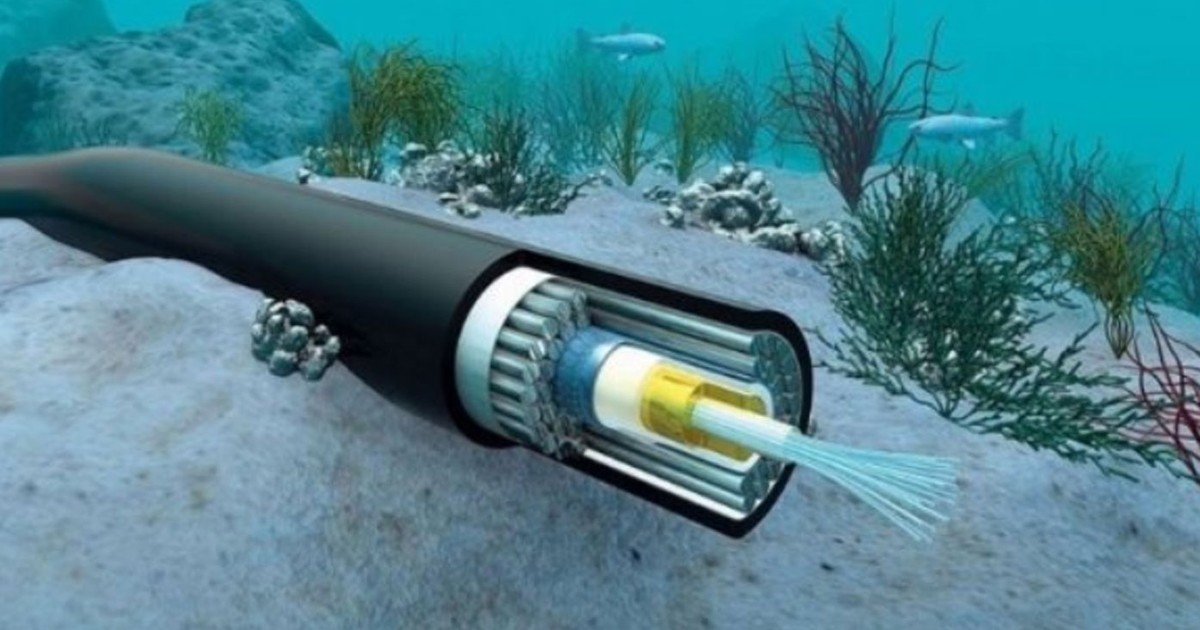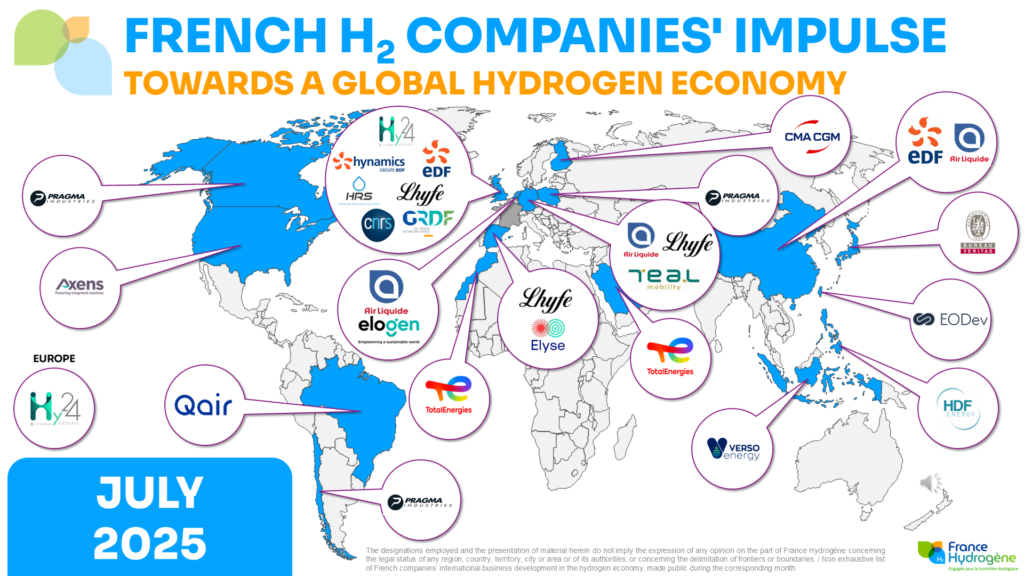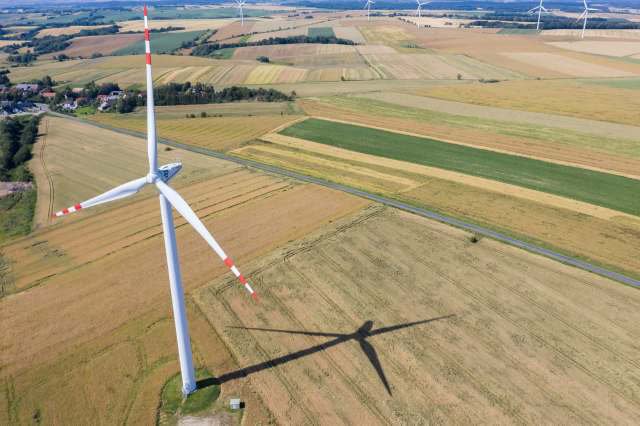The UK government has withdrawn its support for the £25 billion ($34.4 billion) Morocco-UK Power Project, a groundbreaking initiative designed to transmit renewable energy from North Africa to the UK. This project aimed to deliver solar and wind energy harnessed from the Sahara Desert through a subsea power cable stretching 3,800 kilometers, the longest of its kind globally.
The decision to terminate the project stems from national interest concerns. UK Energy Minister Michael Shanks stated that further support for the Morocco-UK Power Project was not in the nation’s best interest at this time. He pointed out a preference for domestic renewable energy investments that align more closely with the UK’s energy security strategy.
The ambitious plan, spearheaded by the British clean energy company Xlinks, intended to connect Morocco’s Guelmim-Oued Noun region to Devon, England, providing enough electricity to power over 7 million homes in the UK, equating to as much as 8% of the country’s energy requirements. The project was expected to generate 10.5 gigawatts of renewable energy, delivering a consistent output of 3.6 gigawatts of baseload power.
Before its cancellation, the project had secured environmental permits and was set to commence construction by 2027. Approximately £100 million ($137 million) had already been invested in development and feasibility studies, attracting considerable interest from lenders for future construction.
However, the absence of a government-backed contract for difference and a guaranteed minimum price for electricity rendered the project riskier for investors. Shanks emphasized that the UK government decided to prioritize local energy solutions over international projects, reflecting a strategic shift toward homegrown energy resources.
Xlinks Chairman Dave Lewis expressed surprise and disappointment at the government’s decision, highlighting the lost opportunity to unlock the substantial value that a large-scale renewable energy project could have provided. Despite the setback, Lewis affirmed that the company would explore alternative avenues to maximize the project’s potential.
The Morocco-UK Power Project was seen as a vital step in the UK’s efforts to reduce reliance on natural gas while advancing toward its 2030 net-zero grid goals. Despite support from major investors such as TAQA, TotalEnergies, Octopus Energy, and GE Vernova, the project’s complexity and geopolitical risks contributed to the UK’s withdrawal.
As global investment in clean energy is projected to reach $3.3 trillion by 2025, with a considerable focus on renewables and storage, the UK’s decision signals a pivot toward strengthening domestic energy systems rather than pursuing cross-border projects. While there has been no official response from Morocco regarding the cancellation, Xlinks may consider redirecting its efforts to other European markets, such as Germany, thereby maintaining Africa’s potential as a future exporter of green energy.




